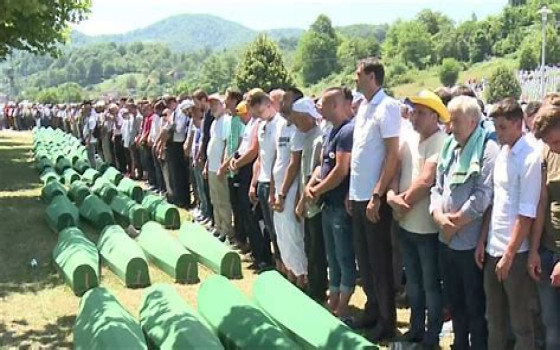
One hundred thousand people were victims of the war... 30 years after the genocide of Muslims in Srebrenica - lessons that must not be forgotten

- Europe and Arabs
- Wednesday , 9 July 2025 7:34 AM GMT
New York: Europe and the Arabs
In a moment of reflection on one of the worst atrocities in Europe since World War II, the UN Secretary-General said the world unites in solidarity and reflection on the 30th anniversary of the 1995 Srebrenica genocide, when more than 8,000 Bosnian men and boys were systematically separated from their families, executed, and buried in mass graves.
This came in his statement, read on his behalf by his Chief of Staff, Earl Courtenay Rattray, at an event held in the General Assembly Hall on Tuesday to mark the International Day of Reflection and Remembrance on the 1995 Srebrenica Genocide. According to the UN daily news bulletin, a copy of which we received on Wednesday morning, it also stated, "This is the first time that the Srebrenica Genocide Awareness Program, established by a UN General Assembly resolution sponsored by Germany and Rwanda in May 2024, has been commemorated. The resolution also designated 11 July as the International Day of Reflection on the Srebrenica Genocide.
In his message, the Secretary-General praised the strength, dignity, and courage of the survivors and their families, adding, "Since then, survivors and families of victims, particularly the Mothers of Srebrenica, have shown extraordinary courage in their pursuit of truth and justice. They are helping to raise new generations to love, not hate."
The Secretary-General said that although the world said after Srebrenica, "never again," "hate speech is on the rise again, fueling discrimination, extremism, and violence." We are witnessing the glorification of war criminals once again, and the same dangerous trends that once led to the perpetration of horrific crimes."
He called on every Member State to fulfill its shared responsibility and uphold the lessons of Srebrenica, preserve historical truth, and protect human dignity, adding: "Let us meet denial with truth, and impunity with justice."
He also urged respect for obligations under international humanitarian law and international human rights law, as well as the Convention on the Prevention and Punishment of the Crime of Genocide, "in memory of the victims, in solidarity with the survivors and their loved ones, and in the name of our common humanity."
"Mothers of Srebrenica"
"Mothers of Srebrenica" was present for the commemoration. It is an association founded in 2002 by mothers of genocide victims and survivors, which searches for missing persons and mass graves, supports survivors, and seeks justice.
"Mothers have not stopped," said Munira Subasic, president of the association, who lost 22 family members, including her husband and son. They didn't wait for anyone to do them justice. Instead, they stood up and declared clearly that our children are innocent, that they were killed. They are innocent victims. And someone must bear the responsibility." She added, "From here, I send a message to all mothers in the world to learn from us. Children are born thanks to love. We must raise them with love. Our children are our most precious possession, and we must fight for them. When you kill a child, tell his mother that you killed a part of her. And living without that part is very difficult." I will never allow that, and I would never want it to happen to anyone."
She noted that there are many people who want to learn from their experience, because without learning from the past there is no future, adding: "We must study, learn, and prevent anything that might lead to genocide."
An Increasingly Fragmented World
The President of the UN General Assembly, Philemon Yang, welcomed the survivors to the ceremony inside the General Assembly Hall, emphasizing "our shared responsibility to ensure that the lessons of Srebrenica, and other similar tragedies, are not forgotten."
He added in a recorded video message: "The lessons of Srebrenica must guide our efforts to prevent such crimes everywhere and at all times. This includes strengthening the protection of civilians in conflict and upholding fundamental human rights."
He noted that this anniversary is even more urgent in a world increasingly fragmented by division and rising intolerance.
He emphasized that education remains the strongest defense against the erosion of memory, adding: "We must not only remember history, but also learn from it so that tragedies like the Srebrenica massacre are not repeated." Future generations must be able to understand what happened, why it happened, and how it was allowed to happen. Only then can they establish the values of peace, tolerance, and human dignity.
Countering Genocide Denial
Acting UN Special Adviser on the Prevention of Genocide, Pramila Patten, reported that the remains of five victims of the Srebrenica genocide will be buried at the Srebrenica Memorial Centre in Potocari. “However, the remains of many victims have yet to be found or identified. This causes immense pain for their families,” Patten added in a recorded video address. “Today, the Memorial Centre is a space that embodies life in a place where people were completely and brutally deprived of life. It is there that the testimonies of survivors and the stories of victims are collected, honored, and preserved.” There is a sense of loss that will never fade."
She recalled that the International Criminal Tribunal for the former Yugoslavia concluded unequivocally and without doubt that genocide was committed in Srebrenica in 1995.
She said, "While we acknowledge the collective failure to prevent the genocide in Srebrenica, we have a shared responsibility to preserve these established facts, as established by international tribunals, and to continue telling the stories of victims and survivors in the face of genocide denial."
She warned that prevention can never be effective where there is genocide denial and glorification of convicted war criminals.
It is worth noting that the war that followed the dissolution of the former Yugoslavia claimed the lives of more than 100,000 people in Bosnia and Herzegovina between 1992 and 1995, most of them Bosnian Muslims, and displaced more than two million others. The Srebrenica massacre marked one of the darkest chapters of that war.



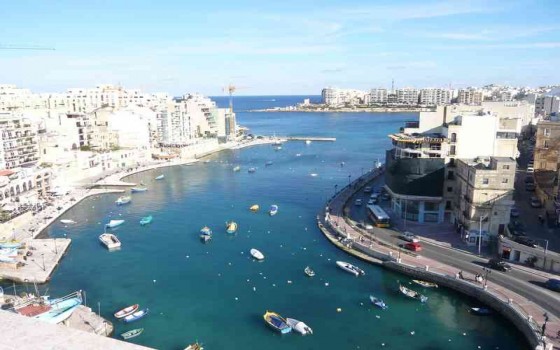



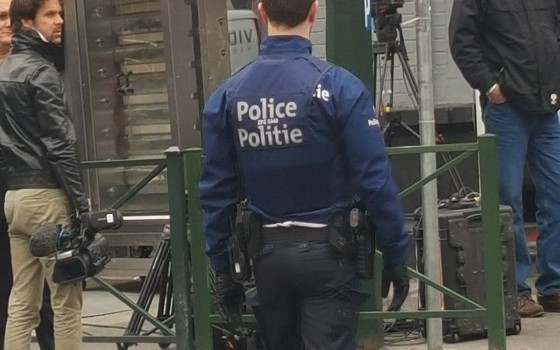
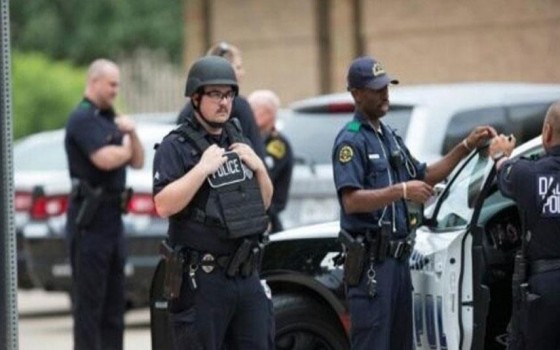
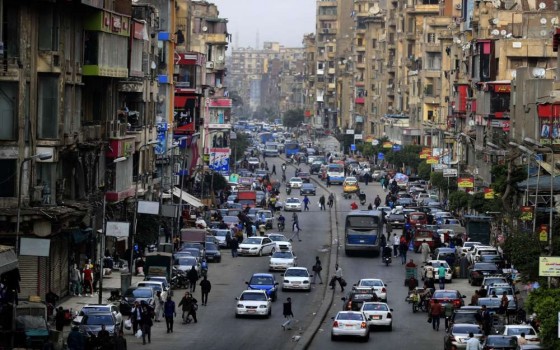
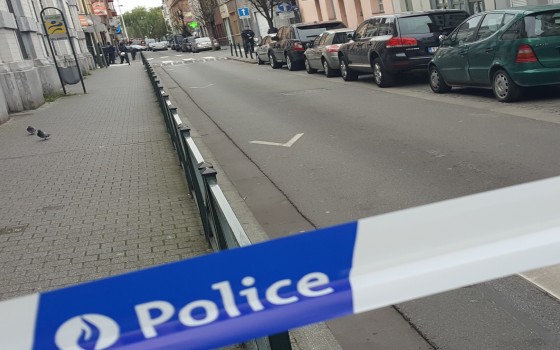

No Comments Found